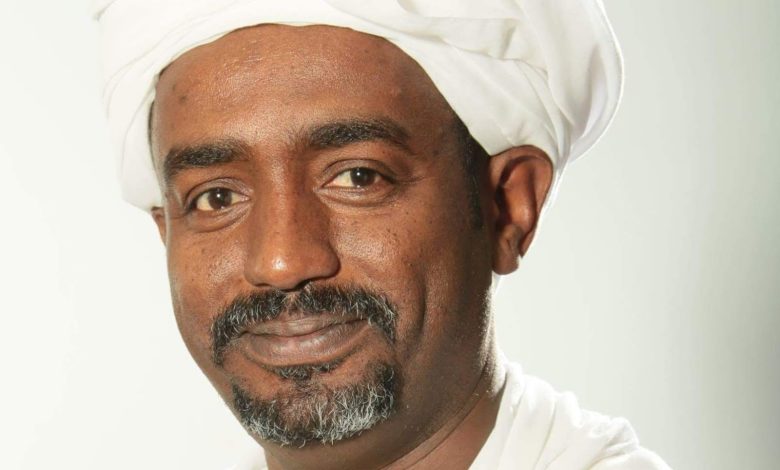UN Experts and Situation of Human Rights in Sudan

Dr. Hassan Al-Majmar
Head of Partnerships and Research Section
Al Jazeera Centre for Public Liberties and Human Rights
Who are members of national civil society institutions will meet with Radwan Naseer, the UN expert?
Radwan Naseer will begin his first field visit to Sudan since the outbreak of the war on April 15, 2023, and will meet with officials in Port Sudan and then visit the city of El Geneina in West Darfur state.
This visit came late after thousands were subjected to killing, looting, arbitrary detention, torture, enforced disappearance, starvation, siege and being prevented from enjoying the basic freedoms guaranteed to them by the Universal Declaration of Human Rights and the main international treaties.
We hope that the UN expert will be able to bring about a positive change in the mental image of international human rights mechanisms in a country torn apart by conflicts and crises that have moved from their narrow framework among political elites to negatively affect the performance of the concerned non-governmental organizations whose goal is to work to improve the human rights situation and ensure that individuals and groups enjoy them, and not to reach power or change the regime.
The question you raised must be answered transparently so that the Sudanese people and victims of violations in particular know who speaks on their behalf and conveys their voice to the United Nations UN human rights system.
This professional international system, from which we expect to learn lessons from what happened to victims of serious violations, at the very least, in Sudan’s neighborhood, such as Libya, Chad, Central Africa, Ethiopia, Egypt, South Sudan and Eritrea.
We hope that this visit will be a good omen for all Sudanese who are waiting for the envoy to express their suffering and seek to support the Sudanese State, which suffers from the crimes of mercenaries who flock from every direction to kill innocent people, forcibly displace them from their homes and rape free women. Rather, he should move strongly towards the countries that support and fuel the conflict by supplying the rebels with weapons and media support.
We also hope that he will support the establishment of a national mechanism that ensures comprehensive dialogue that does not exclude anyone, and that he will meet with the displaced people fleeing the fighting areas in safe states to hear from them.
Naseer , I have worked in the field of human rights for more than twenty years, including eight years in Sudan, during which I learned up close about the positive roles of international mechanisms for the protection of human rights and the shortcomings that experts should seek to address, particularly in Sudan and its surroundings, this region that has continued to suffer from non-international armed conflicts that should find from you a careful and accurate analysis of their roots, before you contribute to writing your reports after meetings that often bypass the real stakeholders.
This leads to the spread of the description of double standards and the politicization of human rights by a system that should be the last resort for the weak in my country and the surrounding countries and the region in general.
You may agree with me that those who work with the United Nations UN in this field must apply in word and deed that they are professional experts with a high level of competence and knowledge of human rights standards and that they do not represent themselves or their countries when carrying out their duties.
For many years, I have been calling for the need for the United Nations UN to be aware, when appointing consultants, experts and local employees, of the sensitivities of the Sudanese people and their political classifications that affect the organization’s ability to play its role in achieving the values and principles of human rights, democracy, peace, freedom and justice.
We do not want your term to end as the terms of dozens of experts before you, who came from Africa and Europe, ended without leaving a good mark on reality.
We do not want the effectiveness of human rights mechanisms, their neutrality and their importance in working at the field level to continue to be questioned due to an employee, consultant or expert exploiting his narrow affiliations to limit the activities of the international organization, its meetings and reports in a direction for or against any group.
We know that human rights principles are led by the principle of non-discrimination and equality, and include broad participation, accountability, and that they are universal, and that human rights are interconnected and cannot be divided or compromised. Therefore, we hope that you will always be aware during your visits and meetings of the comments and information you receive, to analyze them, and it is okay to publish the names of those you met from members of civil society, parties and non-governmental organizations, so that everyone bears responsibility for the quotations included in international reports.



